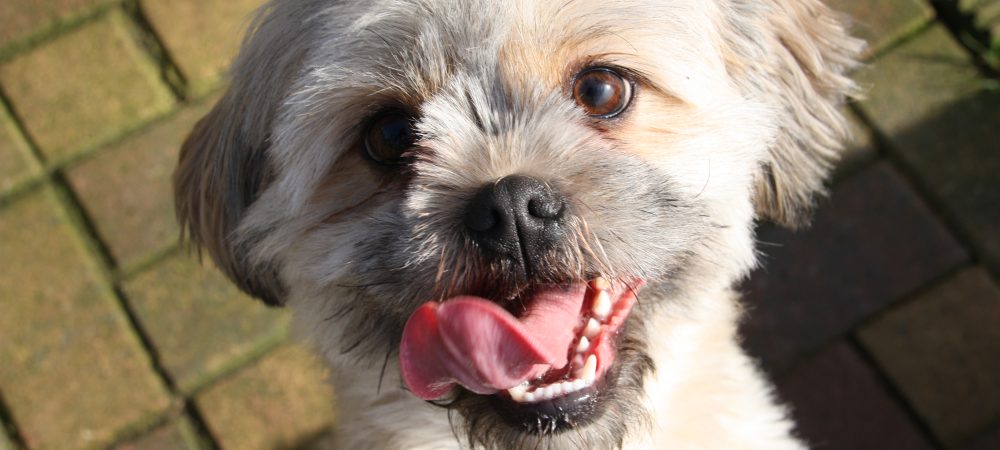Puppy status reduction – fixing puppy behaviour problems

It’s not immediately obvious, but when a puppy arrives in your family, one of the decisions it needs to make, or work out, is what its position or status is within the family. It’s easy to forget, dogs are pack animals and have an instinctive natural status within that pack. Some are alpha and will consider themselves to be of high status, and other dogs are more submissive, being naturally predisposed to a lower status level.
A status adjustment programme is used, in basic terms, when you puppy has misunderstood its position within the family. Every family tends to differ quite slightly in their dynamic and who does what, for whom. The puppy will look at your roles and particularly its interactions with you and decide who is in charge, who it can have an influence over, and whom it must accept control or instructions from.
A puppy may therefore consider itself to be of a higher status than the children in a family. It’s also not uncommon for the puppy to consider itself higher in rank than one of the adults in a household, if that adult does not take an active part in training and educating the puppy.
So, if your dog is not obedient and appears challenging then this can indicate a status problem. Examples of challenging behaviour can be not accepting a correction (e.g barking or growling when being controlled), not doing as they are told (e.g getting off the sofa when told). Puppies specifically may be biting one member of the family more than others, or playing in a rougher, more dominant manner with certain people.
A puppy status reduction plan can be demonstrated and put in place by a professional puppy trainer. At puppy perfect we have provided dozens. They’re not a silver bullet and they can’t fix everything but they’re a powerful tool in the puppy trainers toolkit.
The basic principle to changing a puppy’s status is to demonstrate and clarify who the puppy is dependent on – and that it is not in control of those people. So, let’s consider food for example. Food is a fundamentally vital resource for puppies. A well trained puppy in its correct status should know that its access to food depends on the people in the household. They will determine when it is the right time to eat, and what the puppy eats. This is NOT about punishment, simply self-control on the puppy’s part, and a bond of trust.
The puppy will come to understand that the person who feeds it, if done in a way that keeps that person in charge and in control, is of higher status. So therefore, by making sure that food is provided in the right way, by the right people, we can begin to change the puppy’s status, in relation to certain individuals – like the youngest children in the family for example.
There are dozens of other examples of seemingly trivial behaviours like waiting at doors, not leaping up at strangers that if allowed will confuse a puppy’s idea of its rightful place in a family. It’s also important to consider that a puppy in an overly elevated position will be unhappy. A puppy may be receiving the messages that it is of high status, when it’s actually a naturally low status puppy, it will be a considerable source of stress and anxiety.
We teach status reduction over our one to one puppy training classes in Norwich, so if you’d like to know more, get in touch here.